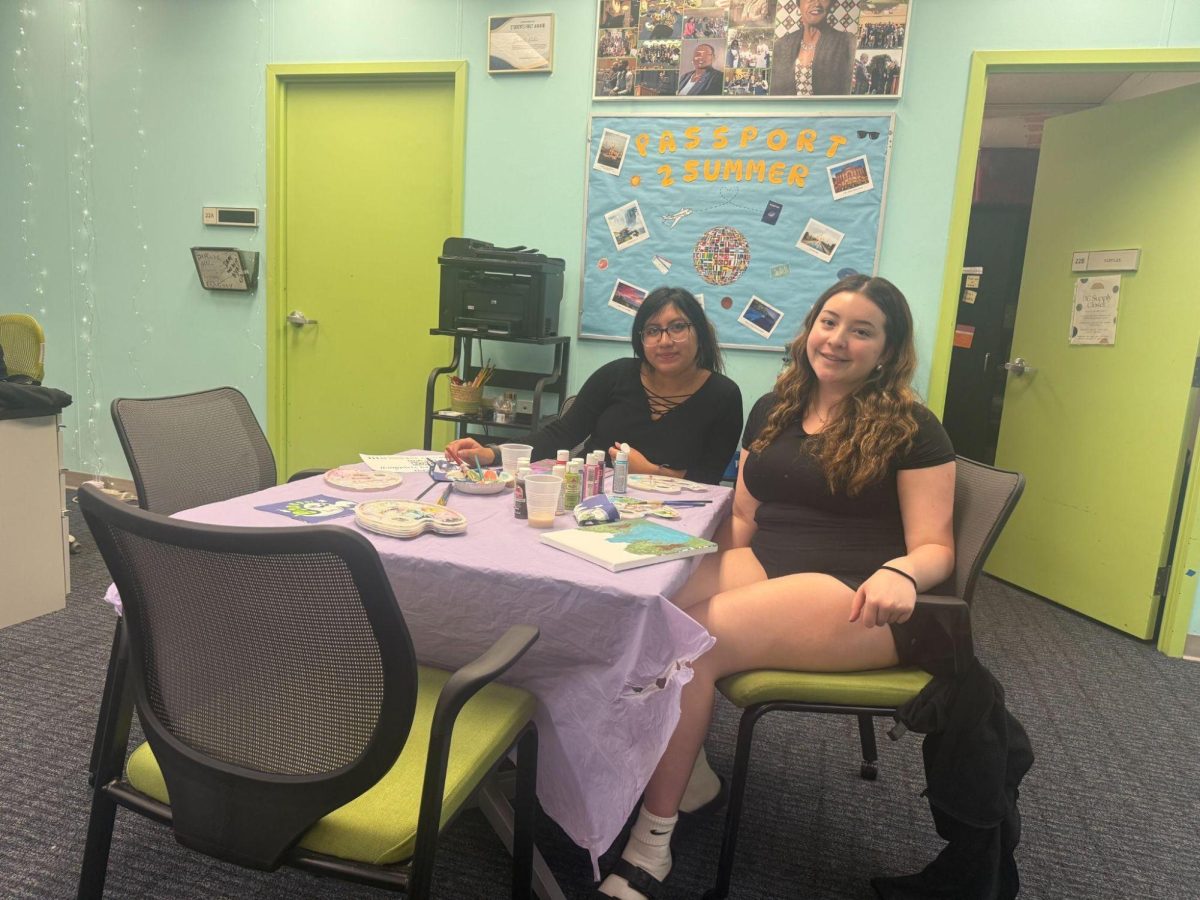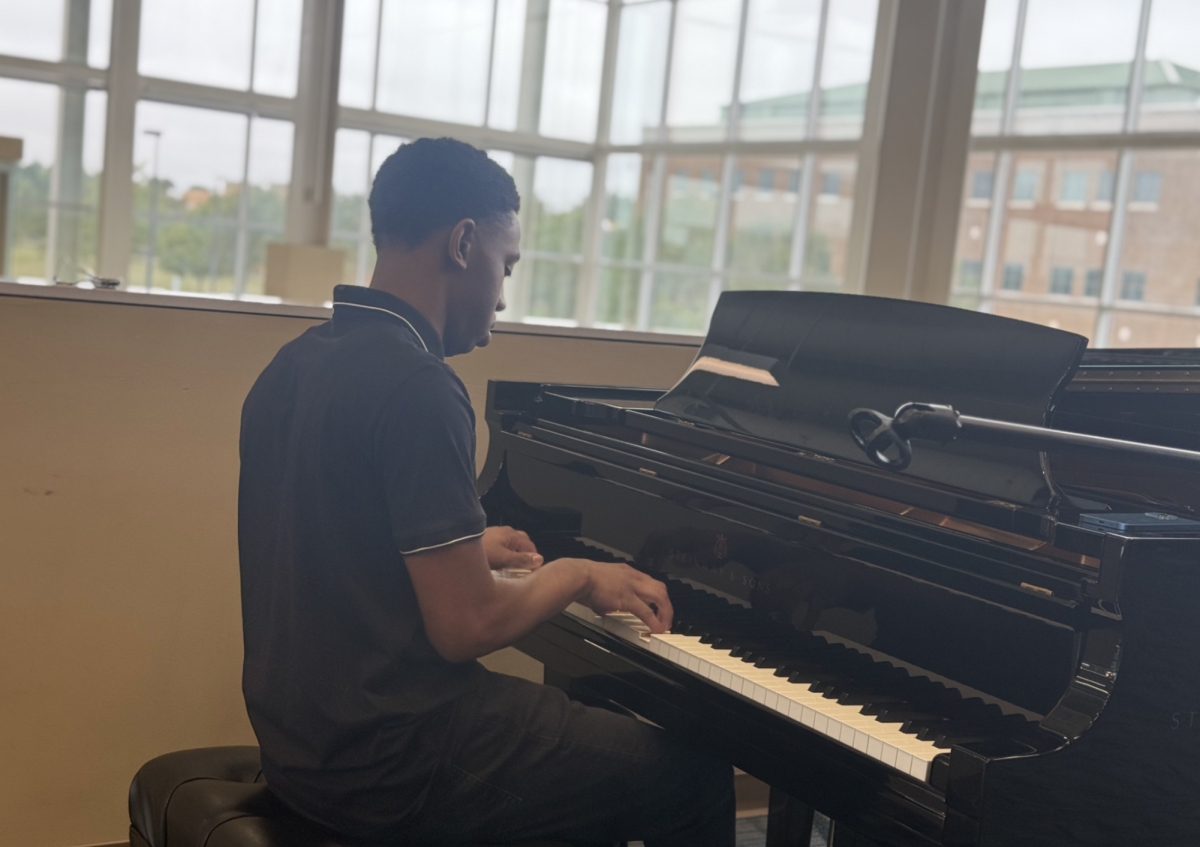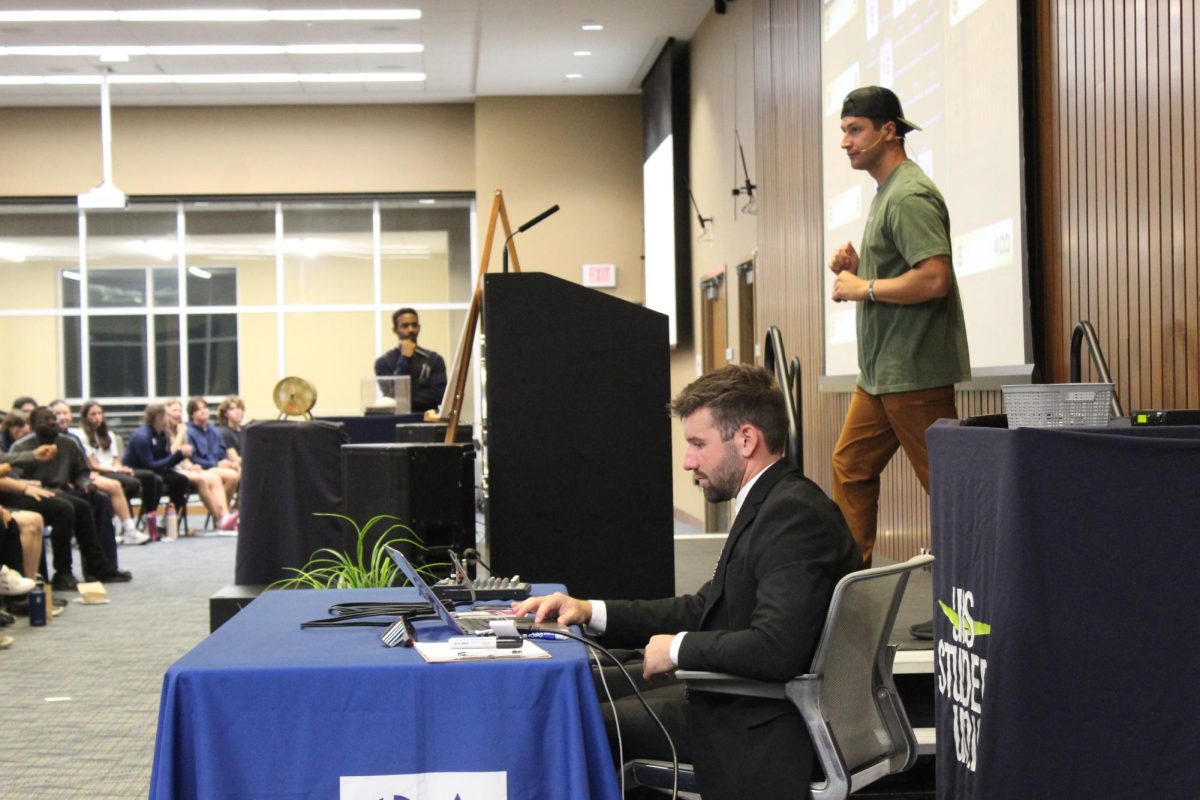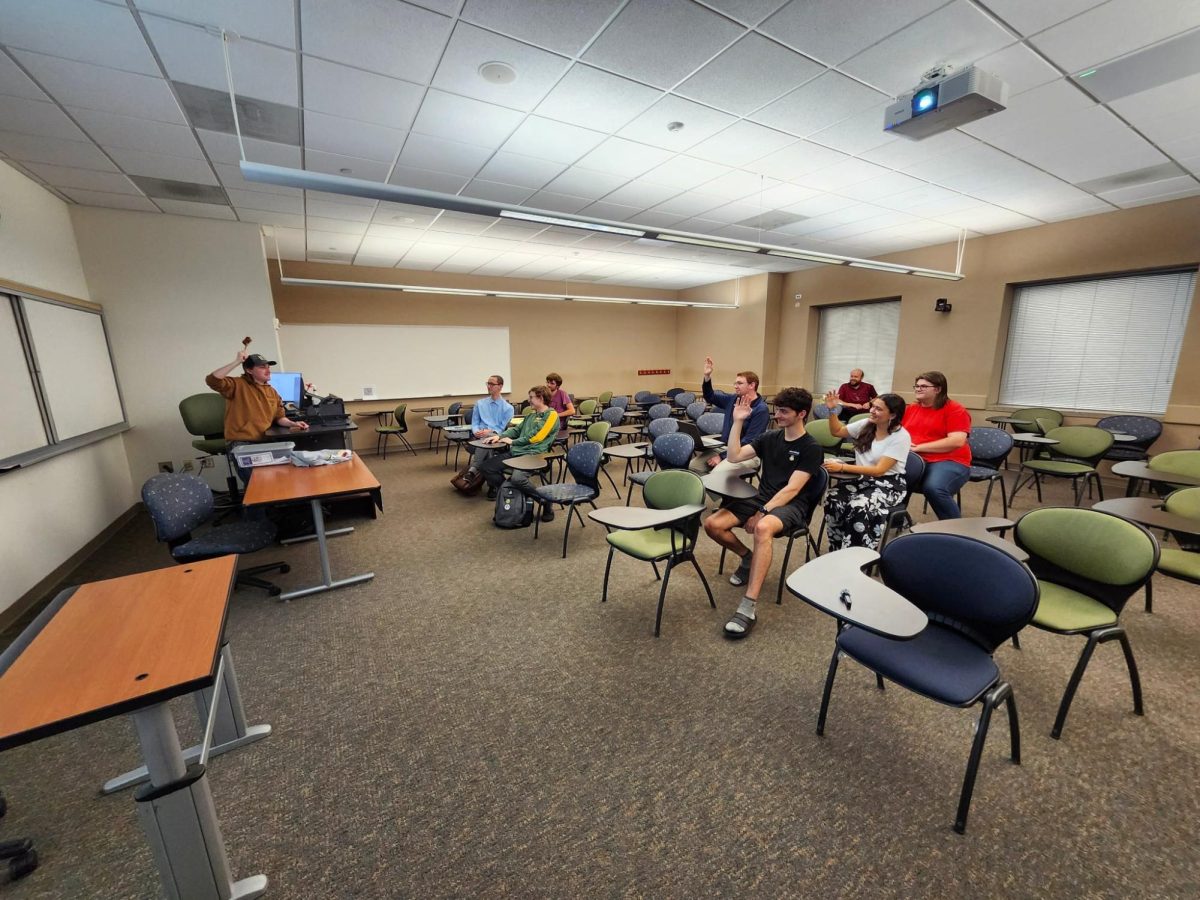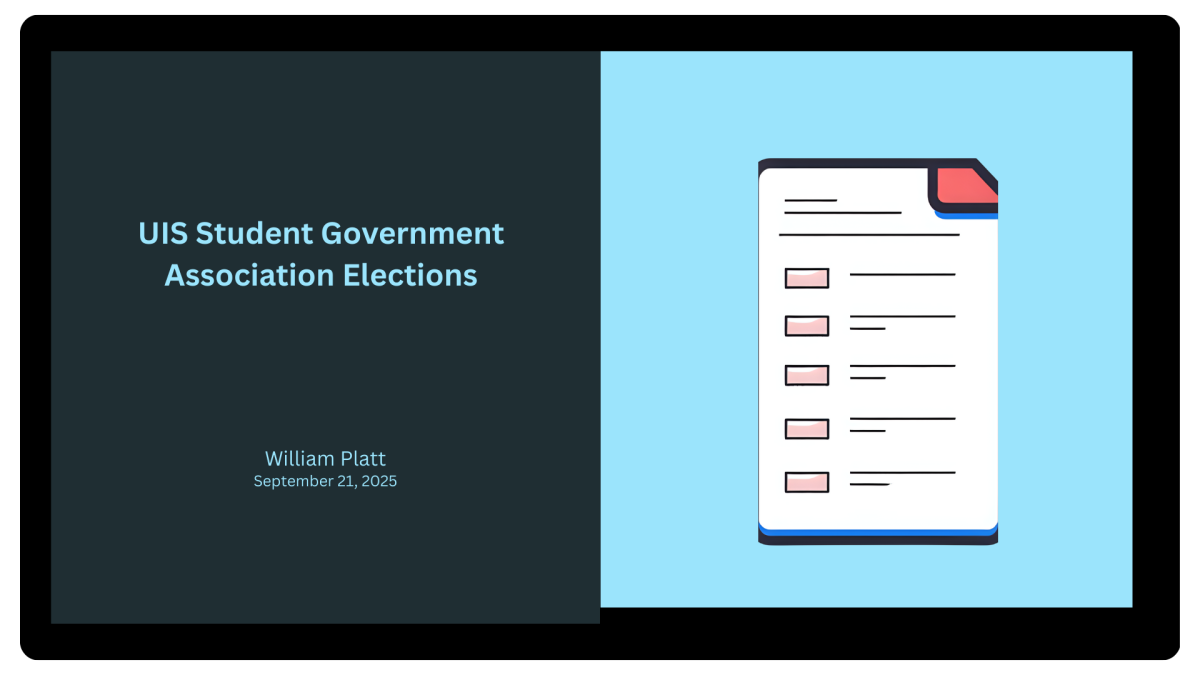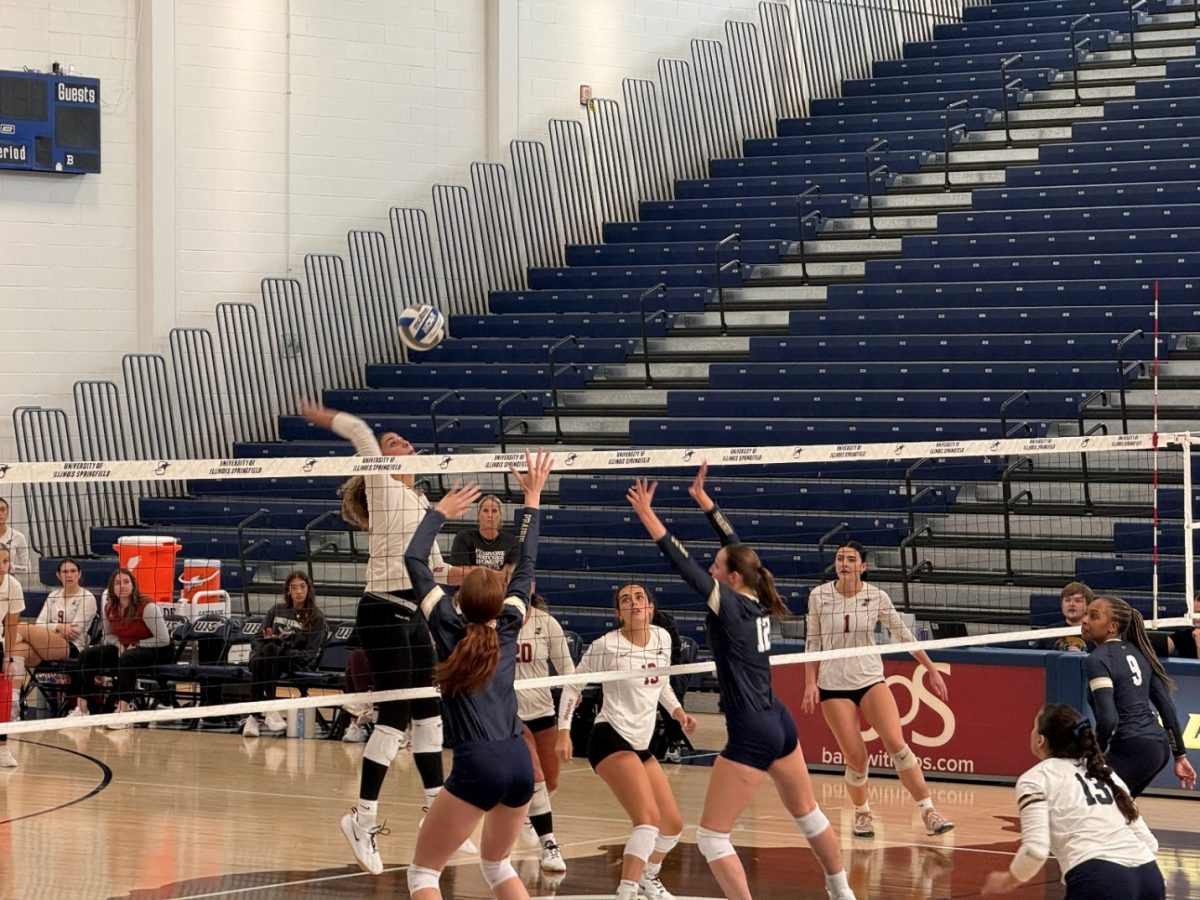As college students across the country are assessing their experience during the fall semester, many are asking an important question: Is college really the right path for me?
While higher education offers incredible opportunities, it is not the only path to success. Many people overlook alternatives such as trade schools, apprenticeships, or professional certificate programs that may align more closely with their skills, finances, and career goals.
At the start of each semester, students often find themselves asking, “Am I ready for another term?”, “Can I afford it?”, or even, “Do I want to continue?” These are not small concerns. According to the Education Data Initiative, the average federal student loan debt per borrower in the United States is about $39,075, contributing to a national total of roughly $1.6 trillion, according to the Pew Research Center.
Dr. Vickie S. Cook, Vice Chancellor for Enrollment and Retention Management at the University of Illinois Springfield (UIS), encourages students to look at education from a broader perspective.
“I often reframe the question from ‘Is college right for you?’ to ‘Which pathway best supports your aspirations and circumstances?’” Cook said.
She explained that she has worked with students who found equal success outside the traditional university system.
“I’ve seen students thrive in trades, apprenticeships, or certificate programs that fit their goals,” Cook said.
Research from Georgetown University’s Center on Education and the Workforce projects that by 2031, about 72% of U.S. jobs will require some form of postsecondary education or training. However, only 42% will specifically require a bachelor’s degree, according to Higher Ed Dive.
This shift means that well-paying careers are increasingly available through nontraditional education routes — often without the heavy debt that can accompany a four-year degree.
At the same time, the job market is evolving. The Indeed Economic Research Lab reports that the share of U.S. job postings explicitly requiring a college degree has dropped from 20.4% to 17.8% over the past five years. The State Science and Technology Institute also found that more than 53% of hiring managers say their companies have removed degree requirements for some positions, particularly entry-level roles.
Still, college remains a powerful option for building critical life skills. Dr. Cook stressed that higher education is about more than just earning a diploma.
“College is about developing critical thinking, resilience, and relationships that can last a lifetime,” she said.
She added that college helps students strengthen time management, discipline, and communication skills: qualities that apply to any career.
However, Cook also acknowledged that college can be challenging. Many students juggle jobs, family responsibilities, and financial pressure. Others struggle with independence and focus during their first years away from home. “Money issues, distractions, and lack of preparation can make the experience difficult,” she noted.
Ultimately, Cook believes the decision to attend college should come from reflection rather than expectation.
“My advice to students, whether they’re 18, returning adults finishing a degree, or professionals gaining new skills, is to weigh their strengths, goals, and resources carefully,” she said. “Education — whether through college, training, or experience — is a lifelong journey, not a one-time decision.”





